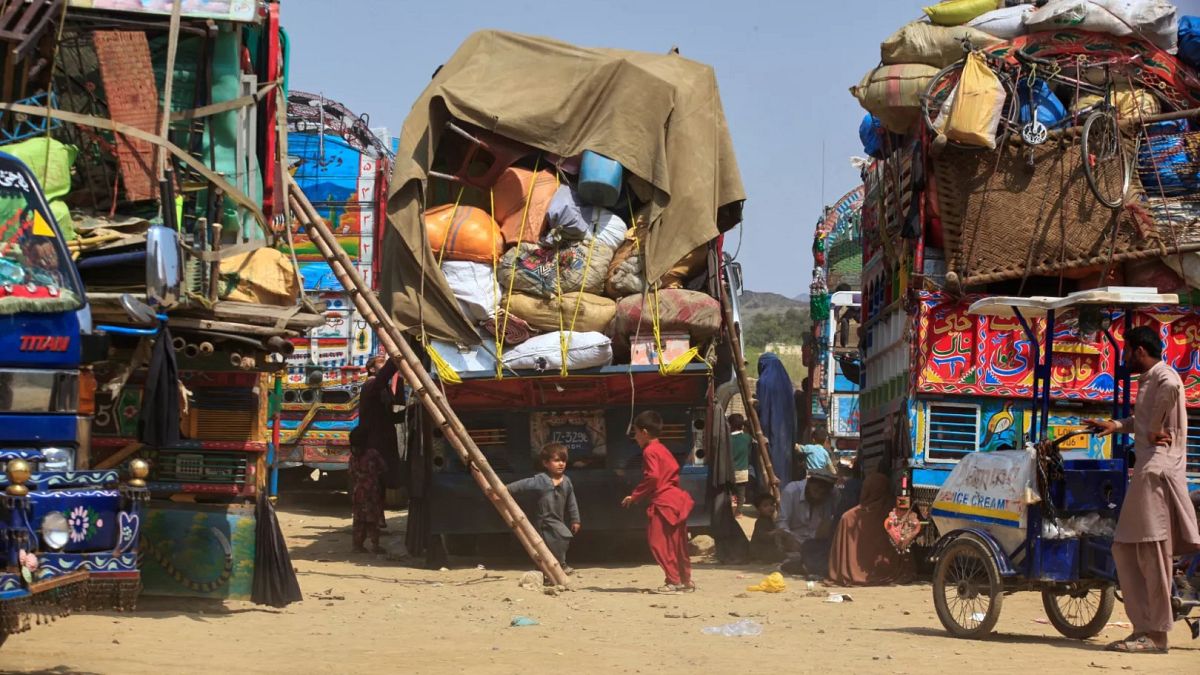

The international stage is witnessing a series of significant events, each carrying substantial implications for the affected regions. From political tensions to humanitarian challenges, these developments reveal the intricate nature of global affairs.
In Pakistan, the government has resumed the expulsion of approximately 1.4 million Afghan refugees. Despite concerns voiced by the United Nations and numerous humanitarian groups, Islamabad remains committed to this course of action. The potential repercussions are profound, with fears that such mass deportations could further destabilize Afghanistan, where societal structures remain fragile following the Taliban’s rise to power in 2021. For those being expelled, the journey back home is fraught with uncertainty and insecurity.
Parallels of instability are also felt in Haiti, where violence continues to disrupt everyday life. A recent incident at an orphanage saw eight people, including an Irish missionary, kidnapped by armed individuals. This event is part of a troubling trend, as kidnappings have escalated with at least 175 people abducted between April and June of this year alone, a significant portion occurring in the capital, Port-au-Prince.
Turning to the Middle East, developments in Israel and Gaza underline the continuing conflict. Israeli Prime Minister Benjamin Netanyahu has announced plans for a full occupation of Gaza, stressing a decisive approach that may escalate tensions further. Meanwhile, in Gaza, a young boy has been seen searching through rubble following an aerial strike, serving as a stark reminder of the human cost of these ongoing conflicts. Criticism of the humanitarian situation in Gaza has intensified as images on social media attempt to paint a contrasting picture; however, reports from aid agencies highlight severe shortages of food and medicine.
The humanitarian crisis in Gaza is a focal point of concern, with malnutrition particularly affecting children, potentially having lasting impacts on their development. Despite calls from the international community, access to necessary resources remains critically restricted.
In a broader context of the Israel-Gaza conflict, European leaders have condemned videos released by Hamas showing Israeli hostages, which have been described as acts of cruelty. Meanwhile, voices both within and outside of Israel call for intervention. A letter from 600 former Israeli security officials to U.S. President Donald Trump pleads for intervention to cease hostilities, advocating for diplomacy as the path forward.
In Ukraine, Russian airstrikes have caused fires and injurious incidents in Odesa and Dnipropetrovsk, highlighting the persistent volatility in the region. Such aggressive actions continue to impede recovery and stability efforts in war-torn areas.
Against this backdrop of global adversity, the need for dialogue, humanitarian aid, and strategic peace efforts becomes ever more necessary. Each situation underscores the complex and interconnected nature of today’s international challenges.
Source: {link}
